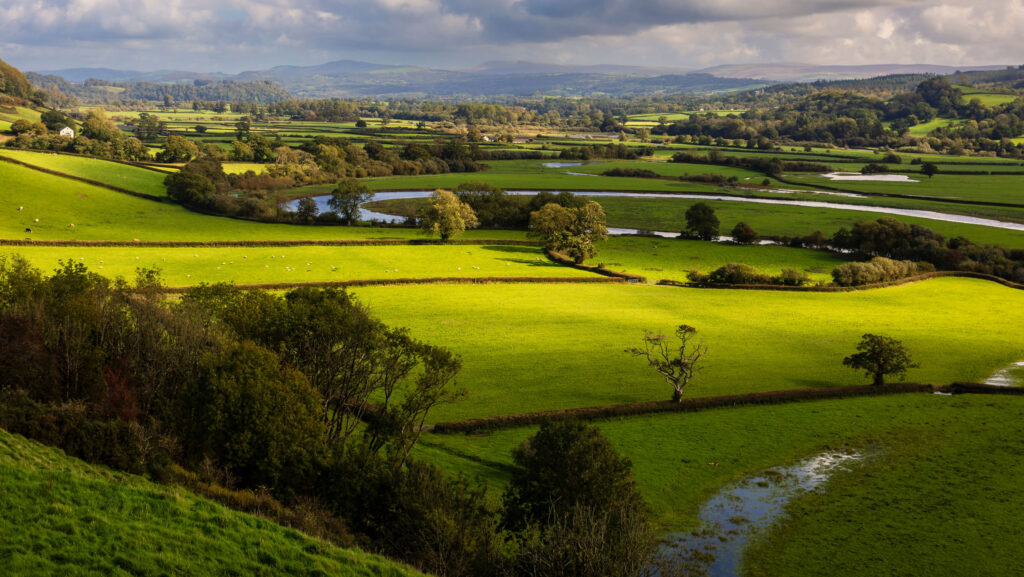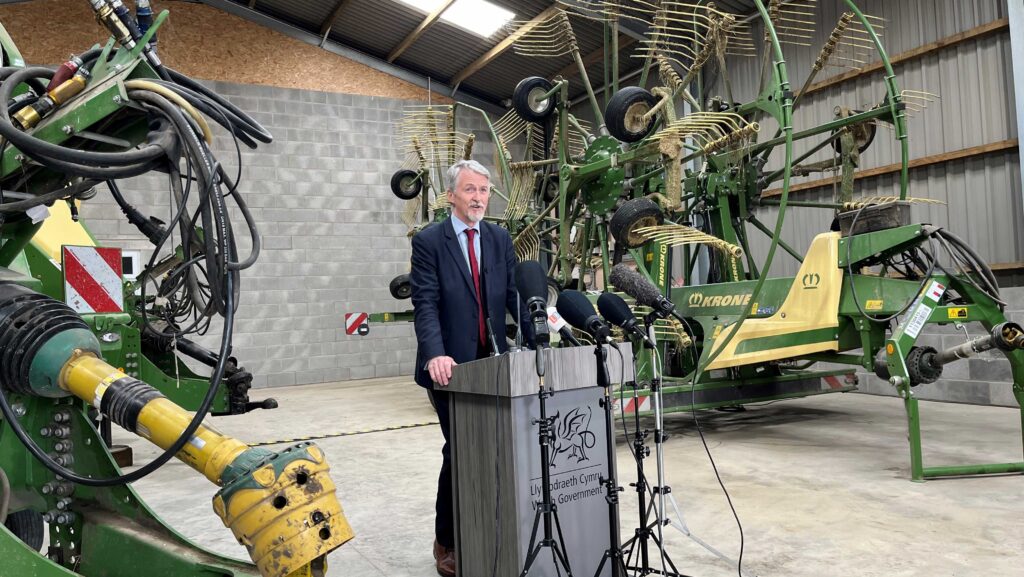Welsh government delays new support scheme for another year
 © Adobe Stock
© Adobe Stock The roll out of Wales’ controversial new farm support scheme is being put on hold for another year.
The Sustainable Farming Scheme (SFS) was due to be phased in from April 2025 but, despite four consultations and numerous meetings, further “meaningful engagement’’ is needed with the farming sector, suggests Wales’ new rural affairs secretary Huw Irranca-Davies.
The Basic Payment Scheme will now remain in place in Wales for 2025.
See also: Irranca-Davies – ‘My appointment is an opportunity for a reset’
Making the announcement on an arable farm in South Wales on Tuesday (May 14), Mr Irranca-Davies insisted the scheme was not being “kicked down the road”.
“I have said that we will pause and reflect, but what we are not going to do is kick this into the long grass.
“That wouldn’t be in anyone’s interest, including the farming community’s, because the worst thing we could do would be to say “let’s long grass this forever and a day, or let’s start again”.
Mr Irranca-Davies referred to the one-year pause as a “preparatory phase” to work through some of the “knotty issues”, including the proposed 10% tree cover requirement for entering the scheme.
The minister pledged to work through these with stakeholders at the Ministerial Roundtable, recently established to review the agricultural support scheme.

Welsh rural affairs secretary Huw Irranca-Davies © Debbie James
Farmer action
While Mr Irranca-Davies was setting out his new plan of action, just a few miles down the road in Cardiff, protesting farmers convened for another co-ordinated day of action.
The minister suggested these protests had not had an influence on the decision to pause the delivery of the SFS, but conceded that they had brought “genuine concerns to the table” over the final design of the scheme.
“This is why we are making this announcement today, that we need to take a little more time to work through some of these issues,” he said.
Although he didn’t dismiss suggestions that Wales could learn lessons from England, where the Sustainable Farming Incentive (SFI) is already up and running, he added: “Some solutions to the east of Offa’s Dyke have not been universally welcomed because there will be some farmers who find it difficult to build-in to some of the options that are currently available.
“What we are trying to do here in Wales is a coherent, comprehensive Sustainable Farming Scheme that can work for all farmers in Wales, as opposed to something that can work for some farmers very well, and for other farmers not so well or not at all.”
Reaction
The announcement was welcomed by farming unions.
NFU Cymru president Aled Jones said the time must be used to “redouble our efforts to get this scheme right for all farm types, sectors and regions of Wales, for tenants and for common land”.
Ian Rickman, president of the Farmers’ Union of Wales, said there had been a “real frustration” within the industry over recent months, adding: “Scrutiny of the finer details will be crucial as this work progresses over the coming weeks.”
News of the delay has not been well received by environmental groups, however.
Wildlife Trusts Wales director Rachel Sharp said: “Delaying measures to help farms adapt to our changing climate now only increases costs tomorrow and so is bad news for farm incomes.”
There was disappointment too from Nature Friendly Farming Network Cymru.
Its manager Rhys Evans said after years of scheme development, “it very much feels like the can is being kicked down the road”.
